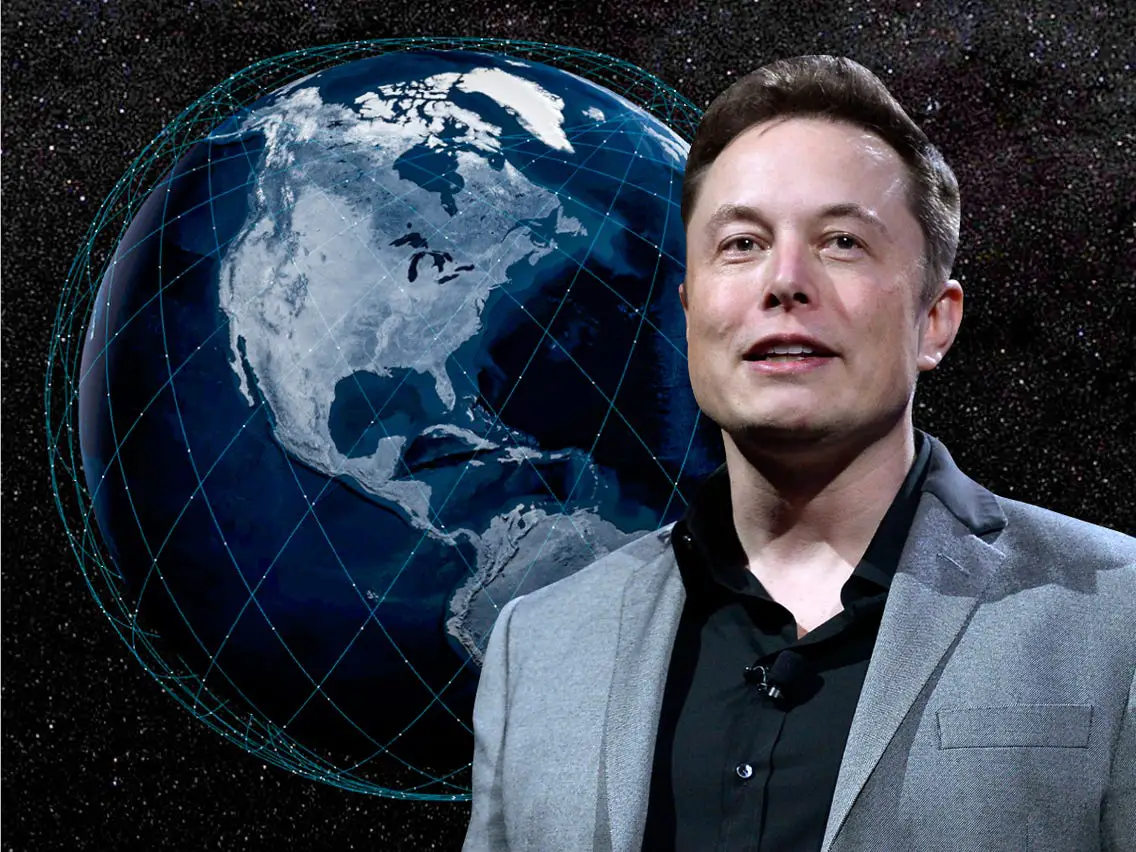According to Ms. Gwynne Shotwell, president and chief operating officer of Space Exploration Technologies Corporation (SpaceX), her firm does not need 42,000 satellites to provide its Starlink satellite internet service customers with high-quality worldwide access.
The first satellites of SpaceX’s huge, already-largest constellation are presently being launched into orbit. Ms. Shotwell’s remarks were cited by the French media after she gave an interview with Le Point, and these satellites will be supplemented by the second-generation satellites that it intends to launch with the Starship next-generation vehicle. Another outlet, DataNews, cited the executive from the original interview, which is hidden behind a paywall.
The remarks by the SpaceX executive come as the company fights the FCC for permission to launch its next-generation satellites
A total of 42,000 spacecraft, largely in low Earth orbit, are intended to be launched into orbit by Starlink’s entire constellation, which includes both first and second-generation satellites (LEO). The business is currently deploying first-generation spacecraft, and in its first plans disclosed with the International Telecommunications Union (ITU) in 2019, it announced intentions to launch an additional 30,000 spacecraft into orbits with a range of 328 to 520 kilometers.
Ms. Shotwell reportedly said that 42,000 satellites are not required for “excellent” worldwide coverage, as reported by DataNews (translated by Google Translate), with the executive claiming that:
Although the few comments make no mention of whether significantly decreasing the number of satellites would worsen Starlink’s coverage, they do show that whatever advancements the head of SpaceX may have in mind will be adequate to bring access to the majority of the world’s areas. The second generation satellites from SpaceX will be quite different from the first, and they’ll have more data transmission capacity and be bigger too.
At the Federal Communications Commission (FCC), SpaceX’s request to launch the 30,000 second-generation satellites using Starship rather than the Falcon 9 has been met with a barrage of opposition from the company’s competitors. Thousands of satellites in orbit, according to some, pose an environmental risk. Viasat, for example, complained to the Commission in May of this year that:
Even Viasat said that the FCC should perform an environmental study of the second generation Starlink constellation using NASA’s (NASA’s) request that SpaceX does extensive safety assessments of its satellite constellation to verify that NASA assets would not be at any risk. NASA, however, followed up with a second letter to make it clear that its suggestions are not meant to influence SpaceX’s request’s conclusion. In March, SpaceX added crucial safety safeguards to its network.
Ms. Shotwell highlighted Starlink’s capacity to provide worldwide broadband service in a brief excerpt from her discussion with Le Point. In terms of download speeds, her company’s service has routinely outpaced the whole world’s broadband internet over the past couple of quarters, and her prior remarks indicated that SpaceX is aiming Starlink at a $1 trillion market.
Source: WCCFTECH

